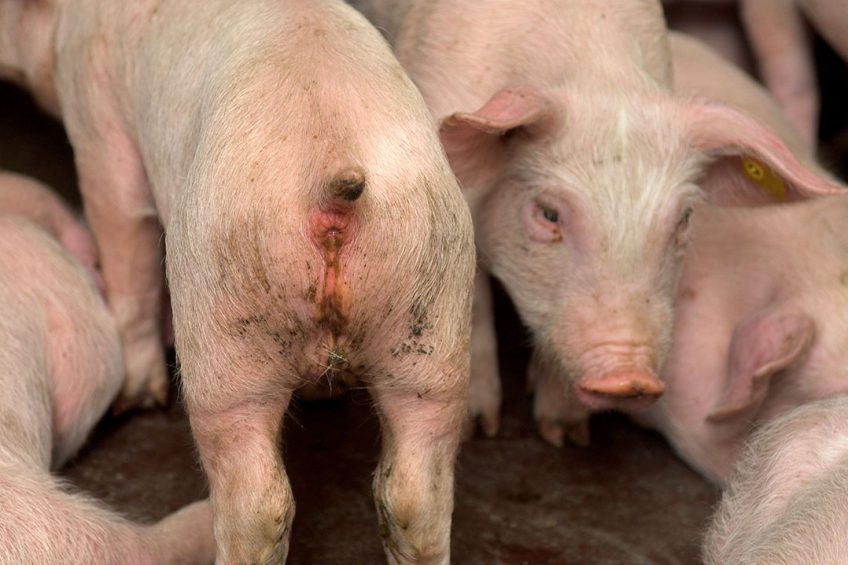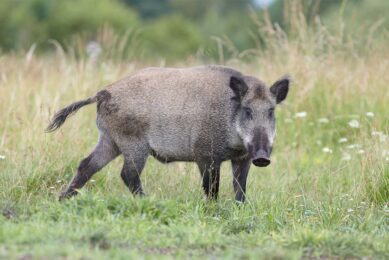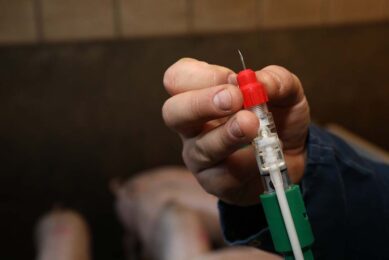British NPA rings the alarm after several cases of SD

The British National Pig Association has recently highlighted the need for producers to adhere to the strictest biosecurity controls after a number of cases of Swine Dysentery have been confirmed, 4 of which in 1 single day.
Since March 8, levy body AHDB Pork has reported outbreaks of SD in e.g. Yorkshire and Gloucestershire, 2 areas in England with a high concentration of pig holdings. The outbreaks were identified by clinical signs and subsequently confirmed by laboratory tests, the National Pig Association (NPA) wrote. The latest outbreak dates from Thursday, April 4, from a farm in North Yorkshire. In total, 8 outbreaks have been reported in recent weeks.
The British organisation for the pig industry is particularly worried about the risks of vehicles entering farms in a time when African Swine Fever (ASF) has been emerging in various countries in Europe as well as Asia.
Strict biosecurity and biocontainment measures
The NPA wrote, “Strict biosecurity and biocontainment measures are currently in place and the units are undergoing treatment. The cases continue the worrying escalation of outbreaks in recent weeks. They have prompted a warning to anyone who has recently moved pigs from North Yorkshire to monitor them closely for the development of any clinical signs of enteric disease. You must notify your vet immediately if you observe any suspect diarrhoea.”
The levy body AHDB advised to ask visitors to the farm where they have been previously and to refuse them access if in doubt. All unnecessary visitors and vehicles should be avoided as well. “Don’t be afraid to ask your regular suppliers to take extra biosecurity measures, make sure all farm equipment stays on farm, including overalls and boots. Vehicles need to be properly cleaned, including paying special attention to wheel arches.”
Read more on pig health in the Pig Progress Health Tool
Worried about the risks of lorries
NPA chief executive Zoe Davies is particularly worried about the risks of lorries bringing in diseases, not only SD but also ASF or PED. She said, “With ASF just around the corner, and recent modelling work in the UK suggesting that private haulage companies are a big risk in potentially spreading the disease, it is absolutely right that we continue to bang the biosecurity drum. Despite efforts being made to tighten up standards, our washing of livestock lorries falls way short of where we would need to be should ASF or PED arrive here – the persistence of SD demonstrates this perfectly so we hope this will serve as a timely message.”
Swine dysentery is a persistent offender, although there are not many cases in the UK. “There are some farms that fail to deal with it, hence the fact it sporadically crops up now and again, but most commercial herds will cull out a herd that has it in order to prevent further spread – especially from outdoor herds. The fact that we have recently had a spate of several cases, more than we’ve seen in a short period in a long while, has led us to warn producers to take care,” Ms Davies said.
 Beheer
Beheer








 WP Admin
WP Admin  Bewerk bericht
Bewerk bericht